KHALID PAREKH
FOUNDER AND CHIEF EXECUTIVE OFFICER, FAIR FINTECH, INC.
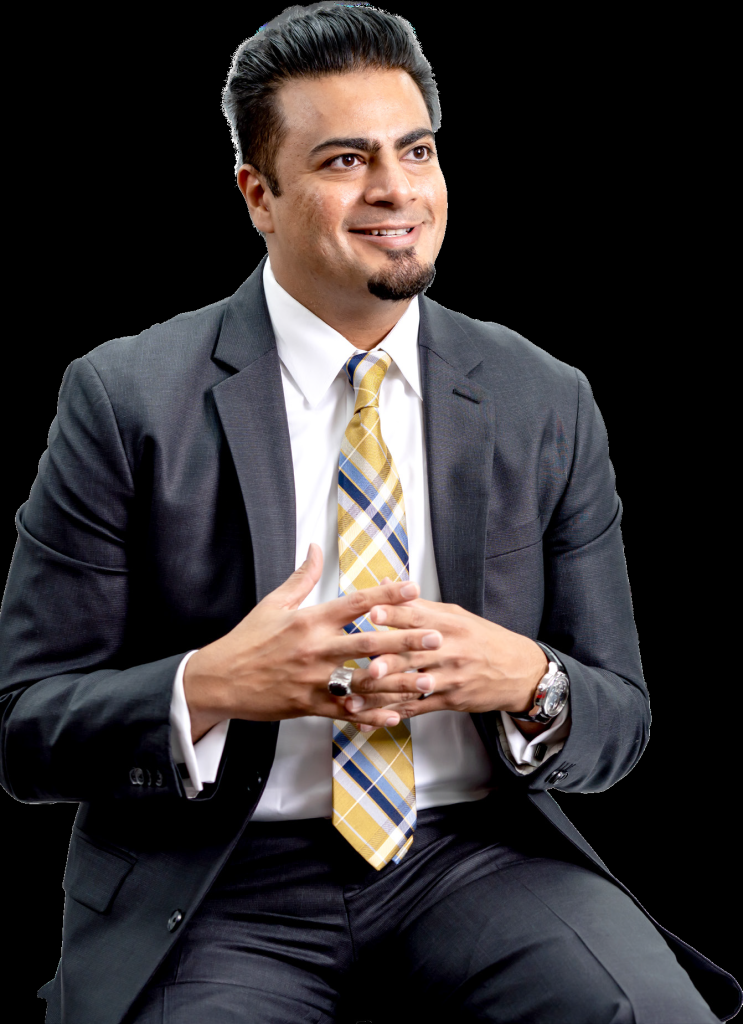
Islamic banking has claimed to be ethical by its very nature. Obviously, this is your major focus in Fair. Would you care to explain how Fair as a concept is fairer than the conventional practices of banking and finance? How did this idea come about?
Many families face significant barriers to reaching financial freedom and building generational wealth. Fair, a multilingual digital bank and ethical financial services platform, was created to help close those opportunity and wealth gaps with banking, lending, investment and retirement services. In addition, fair runs on a membership platform which means we can make finance and banking more accessible.
The Muslims in the USA have always played pioneering roles in Islamic banking and finance, starting from the establishment of Islamic equity funds to bringing economic, social and governance (ESG) issues to Islamic banking and finance practices. You have brought an innovative perspective on the use of SPACs in meeting the financing needs of Islamic businesses and ventures. Would you like to share details of this prospect with our readers?
Fair exists to put people over profit and challenge traditional finance with ethical banking, lending, investments and retirement. Fair is looking at multiple options to access public capital markets—SPAC is one of the routes we may consider for the growth and accessibility of halal finance. When the time is right, we will look at all available options and select the best path forward that yields the most return for our investors.
2.5% OF OUR PROFIT WILL GO TO ECONOMIC EQUALITY INITIATIVES AND REFUGEE MISSIONS AND CAUSES.
We aim is to meet Fair members wherever they are in their financial journey and provide access to opportunities they need — whether that’s buying a home with a no-interest loan, sending money to family overseas without fees, saving for retirement, starting a business, investing their money in ethical ways or just daily, transparent banking. Additionally, this idea is grounded with purpose—I will not draw a salary from Fair. It’s also why, to meet our promise of stimulating financial opportunity and closing inequitable wealth gaps, 2.5% of our profit will go to economic equality initiatives, and refugee missions and causes.
Fair is indeed what Islamic banking and finance needs. However, Fair as a brand is an excellent idea. Do you realise that this has the potential of bringing Islamic banking to not only Fatima and Ali but also Janet and John?
Absolutely. We believe accessibility and inclusion are essential. Though the practicing Muslims align with the principles of Islamic finance, it is also appealing to the members of other communities. For example, halal finance, in which the interest rate is zero, means homeowners could save thousands of dollars a year on interest payments. Our full suite of banking services offers everyone an opportunity to bank with us.
If you are at the stage in your life where you are interested in investing your money, Fair offers investment and retirement services. If you have any moral objections to paying interest on auto or home, our halal-compliant lending services will guide you. If you’re interested in educating your children on money management, we have a kid’s debit card programme that will help. Moreover, if you simply want to open a spending account and avoid hidden bank fees, Fair can accommodate. We are building a digital, full-service banking platform that gives people options as to how they want to bank—no matter who they are, where they are from or how they worship.
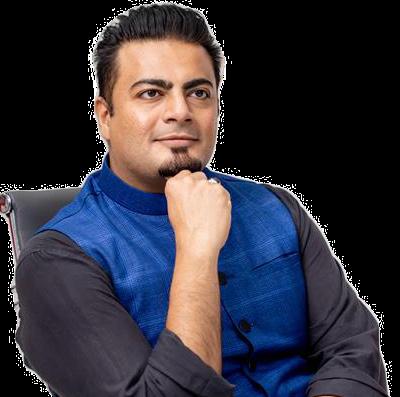
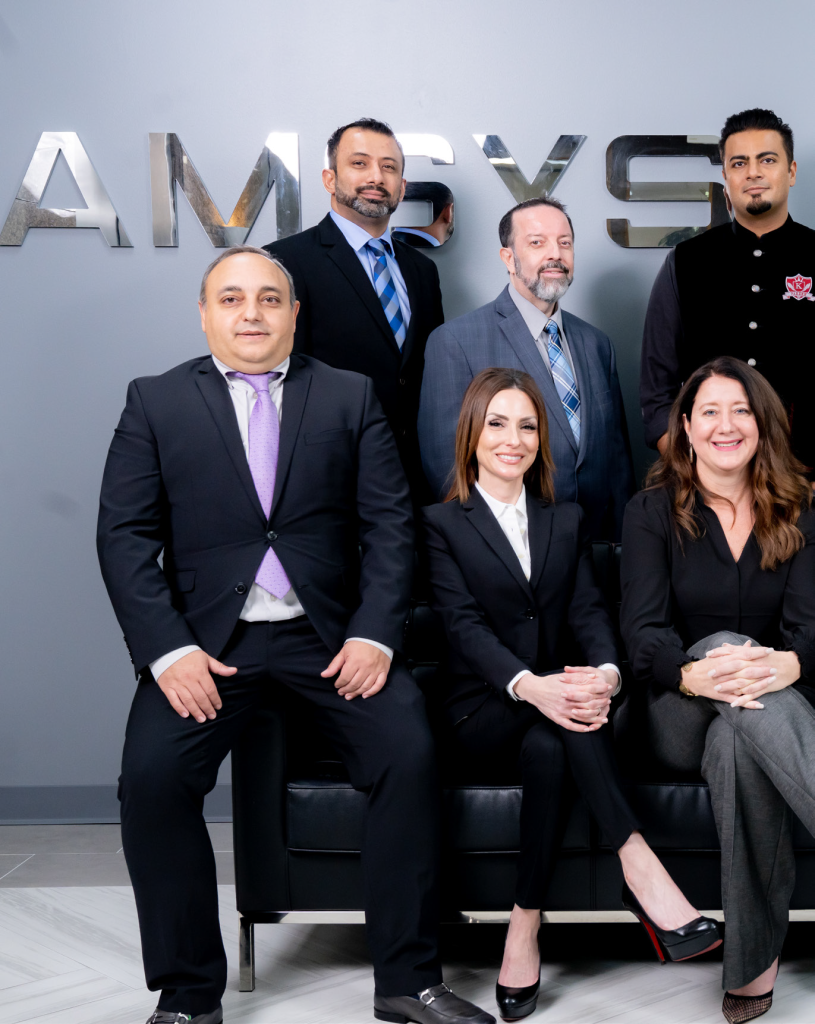
Obviously, you are a keen user of social media. Looking at the kind of materials you share through social media one can think of a man who has a very well-developed sense of responsibility, professionalism and a kind of passion for seeing Muslim communities excel. First of all, you would like to see Muslim communities in the USA to further progress and develop on a sustainable basis. In your view, what role can technology play in this respect?
Whether you come from a Muslim community or not, it is genuinely about access, opportunity, and empowerment for all. The FinTech revolution has completely changed the way we bank.
Many have a mobile device, so we want everyone to have access to a full-service bank in the palm of their hands. The important thing is to educate the public on how to benefit from technology.
Social media is the vehicle to connect with those we serve and listen to their voices to build a better platform. However, there can be mistrust in how technology is leveraged. It is, therefore, essential to be transparent and share with our customers the efforts we make to keep their information confidential. It is the right thing to do.
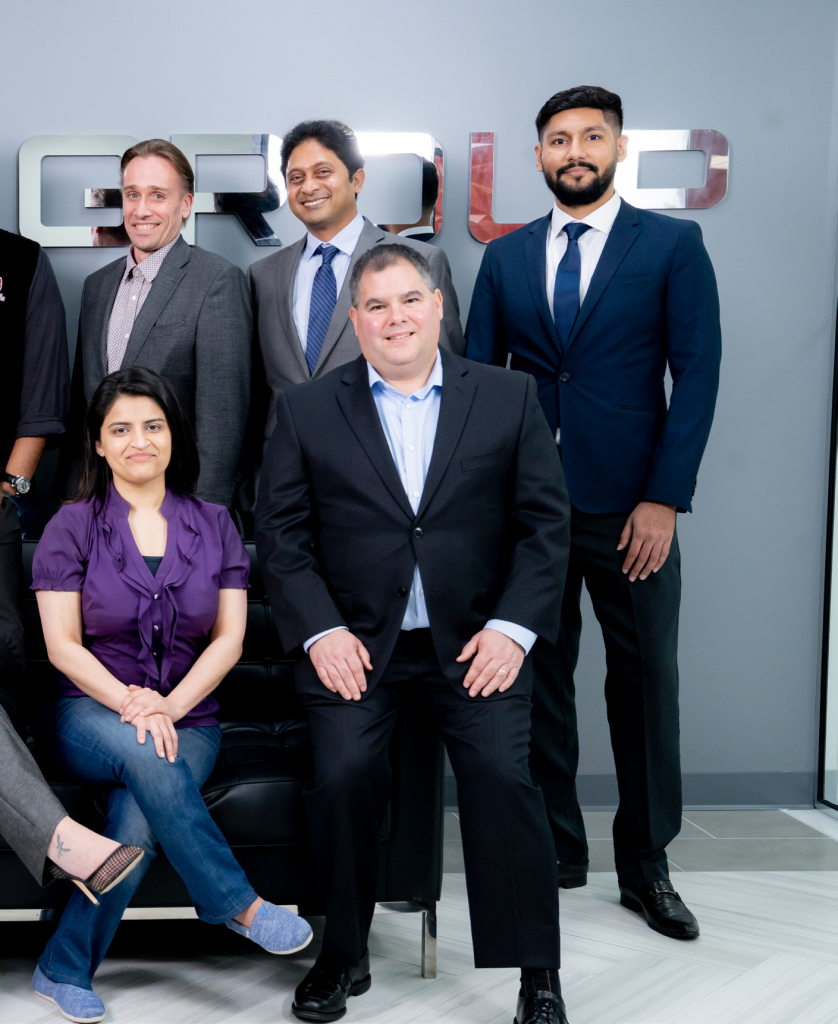
Fair is now not only a recognised brand but is widely respected in the FinTech industry. Under your dynamic leadership, the idea has developed itself from just a thought to a viable business strategy to a commercially attractive value proposition. What factors have contributed to the success of Fair so far?
We must strive to break away from profit-driven models that widen gaps, and we must do so without the institutions that have held us back or excluded us. Our success is attributed to the great need for a service like Fair, and the mission-driven approach and dedicated team behind it.
We were able to fund Fair with a group of individual investors, and without big banks or venture capital funding. 90% of our investors are people of color, 80% are immigrants and many are first-time investors in
FinTech. Fair exists because we came together as a community to uplift each other and build a pathway for successful financial futures together.
As a person highly motivated by Islamic teachings and as someone who has been running a business guided by Shari’a principles governing business, trade and finance, what prospects do you see for Islamic banking and finance for its further development in the USA and the wider world?
When we asked Muslims why they bank with a traditional bank as opposed to an Islamic bank that offered halal-compliant products, their answer was, “We don’t have a choice.”
Fair was launched to give people an alternative to traditional model of financing. We are halal-certified through the Accounting and Auditing Organization for Islamic Financial Institutions (AAOIFI). This shall give our Muslim brothers and sisters the comfort in knowing their money and assets would be cared for and handled according to the prescribed Islamic tradition.
The products and services of Islamic finance are ideal not only for practicing Muslims, but also for making banking and finance more ethical and equitable for everyone. I think we will continue seeing rapid growth and interest in Islamic finance worldwide.
On a personal front, what motivated you to get involved in Islamic finance?
I created Fair as a way to pay it forward. I personally funded the technology investment for Fair and had a group of individual investors who were also passionate for this cause. On a personal level, I founded Fair to help solve the challenges I faced as an immigrant entrepreneur and the challenges I see other communities face in traditional banking systems. People are paying thousands of dollars a year in hidden bank fees worldwide, and many people live paycheck to paycheck. Plus, these problems are exacerbated for people of color. FinTech has the power to solve these barriers, but only if it’s ethical, equitable and accessible.
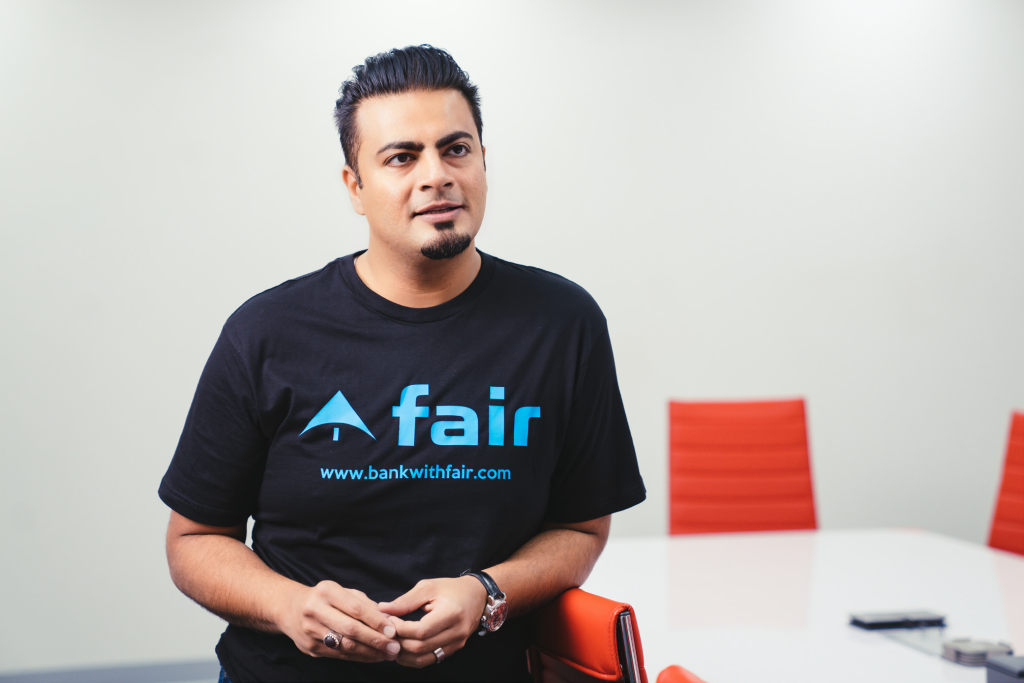
I’m so grateful for where I am today. Coming from a tech background, I am able tap into this expertise to create an excellent user experience. Additionally, I became a registered investment adviser, and I’m on my way to receive certifications in mortgage law. Armed with this knowledge and a team of experts, Fair will offer ethical banking, lending, investments and retirement services that improve traditional, profit-driven banking models. We are intentionally designed to help close opportunity and racial wealth gaps. Being halal-certified means we can provide ethical, inclusive opportunities to everyone. Those who are new to the country and have no credit or need access to interest-free loans will now have options.
Coming back to Fair, please tell us if one invests $1 today in your proposed business model, how much should they be expecting it to grow in the next five years?
Our team at Fair is working very diligently to ensure we provide the highest returns to our investors in the most risk-averse manner. We are projecting three to five times in returns for our investors in the next five years. This is based on the demand we are seeing from a consumer perspective to use the platform as well as the international interest we have received from investors and the global community. Once we prove our model in the U.S., we will look towards international growth.
What is the role of Islamic FinTech in the post-COVID era? What kind of opportunity does it offer to investors, entrepreneurs and the wider social stakeholders?
The demand for Islamic FinTech is high, as evidenced by the 2021 Global Financial Fintech Report. There are over 240 Islamic FinTechs that have been identified across the globe. Much of the rise in Islamic FinTechs is seen in Southeast Asia and the Middle East.
With this growth, there is an apparent need to educate consumers on what Islamic FinTech is and how it can be positively leveraged. I believe Islamic FinTechs offer the broader audience of stakeholders the opportunities to invest and conduct business with Islamic FinTechs on a larger scale, even for those who do not follow the Islamic faith. It’s very simple—as an entrepreneur or investor new to the Islamic FinTech world, it’s about saving money. Through halal-compliant measures, many should find great opportunities to save on paying exorbitant amounts of interest, paying unnecessary banking fees and on no-fee international money transfers.
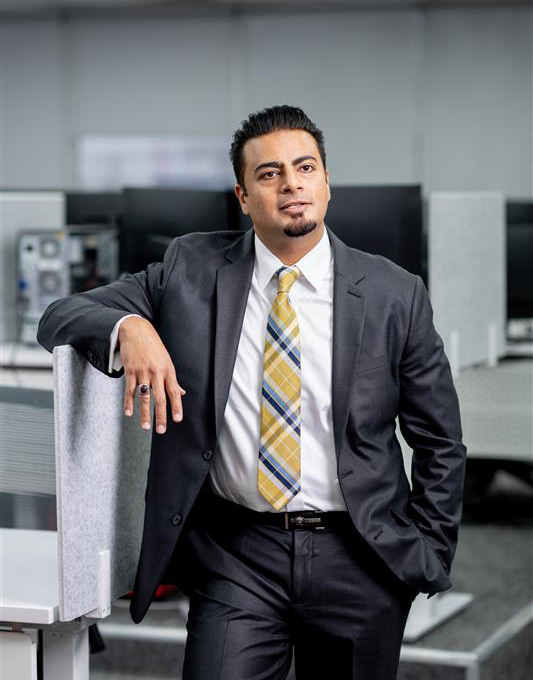
What would be your message to the youth in general and the Muslim youth in particular? What hard and soft skills are required to be successful in business and career?
To be successful, you have to be your biggest advocate and be proactive in securing opportunities. No one is going to give it to you — you have to get it yourself. Change someone else’s bias simply by doing the best job possible.
Last, it can be easy to get stuck in the status quo— to do things they way they’ve always been done. Finding innovative and efficient ways to solve challenges allows you to evolve and stand out.
ABOUT FAIR
Fair is an ethical digital bank and mobile financial services platform with neo-banking, lending, investments and retirement planning in one place in multiple languages. Fair provides opportunities for financial freedom with its transparent, membership-based services. The upfront membership fee includes unlimited, no-fee access to checking accounts with a MasterCard® debit card, high-yield savings, international money transfers, interest-free lending, and more. Intentionally created to stimulate financial opportunity and close inequitable wealth gaps, 2.5% of profits go to economic equality initiatives, and refugee missions and causes. Fair is available in the Apple App Store and Google Play Store. Learn more at bankwithfair.com, and connect with @bankwithfair on Facebook, Twitter, Instagram, and LinkedIn.



